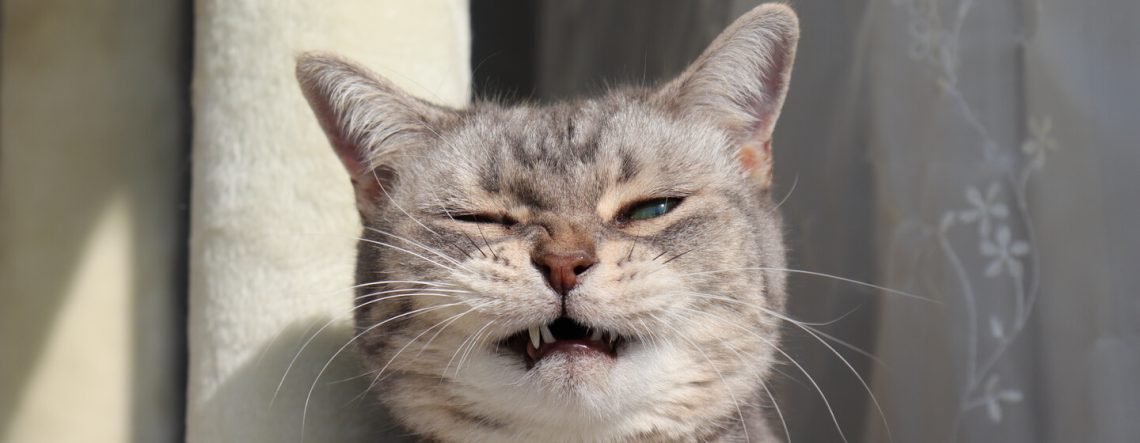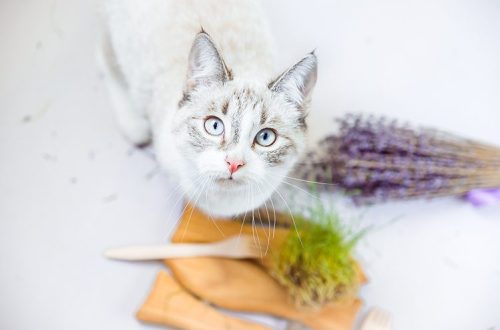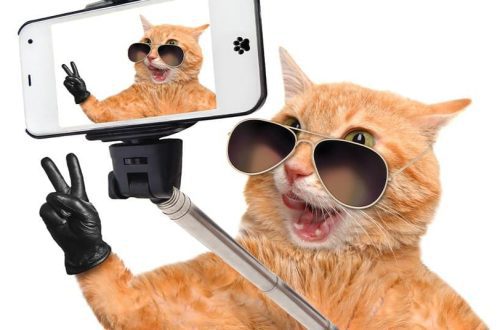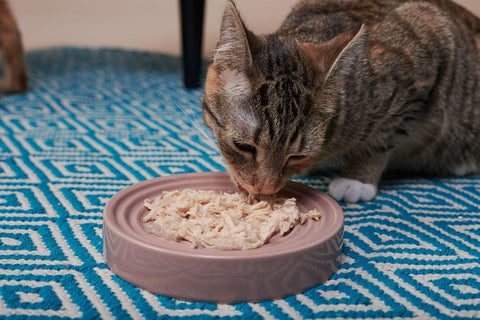
Why does a cat sneeze
If the cat sneezed once or twice, do not worry. Sneezing is a defense mechanism that helps the animal get rid of particles that have entered the nose.
The reason may be just house dust. But if sneezing is frequent, prolonged and accompanied by additional symptoms, you should be wary. We understand when you need to show the animal to the veterinarian.
Contents
Инфекции
If you’re wondering if cats can get colds, the answer is yes. Usually, feline influenza is called herpesvirus infection in cats or calcivirus. In addition to these infections, others can cause sneezing:
- infectious peritonitis,
- viral immunodeficiency,
- chlamydia,
- bordetellosis,
- mycoplasmosis.
In the event of an infection, in addition to sneezing, you will notice other symptoms of illness in the animal. For example, a cat has watery eyes, eats less, breathes heavily, has a runny nose, or has stool disorders (diarrhea, constipation).
External irritants and allergens
A sensitive cat’s nose can react to tobacco smoke, any perfume, scented candles, plant pollen, and even litter box flavors. In case of allergies, it will be enough to remove the source of the irritant from the cat – and everything will pass. Usually the cat remains alert, and other than sneezing, no other symptoms appear. She retains her appetite and habitual way of life.
Infection with worms
Helminthiasis is also accompanied by coughing, sneezing and lacrimation. As a rule, we are talking about lung or heart worms. Infection occurs through the bite of a mosquito. Dirofilaria larvae enter the cat’s body, develop, and then migrate into the systemic circulation and pulmonary arteries. This is a dangerous disease that can cause the death of an animal.
Injuries
A cat often sneezes, for example, if her hard palate splits or her nasal conchas are damaged during a fall from a height.
Foreign body
Cat’s curiosity can play a cruel joke on the health of the animal. Small stones, beads or even insects can easily get into the nasal passage. With such a development of events, the cat either rests on its own, or it will need the help of a veterinary specialist.
Other reasons
In older cats, the cause of sneezing may be neoplasms in the nasal cavity, in young cats, a nasopharyngeal polyp may develop – this is a benign formation. Even inflammation of the root of a tooth can cause an animal to sneeze. In this case, you will notice other symptoms: bad breath from the cat and poor appetite.
Harmless reasons why a cat constantly sneezes and snorts include receiving an intranasal vaccine. It is injected into the nostril of the animal using a special applicator. In this case, sneezing is a minor side effect.
What to do if a cat sneezes
If the sneezing does not stop, you have not found irritants, have not had an intranasal vaccine, and note other painful symptoms in the cat’s well-being and behavior, contact your veterinarian. He will examine the animal, conduct the necessary research. For example, they will take a swab to confirm an infection, perform a rhinoscopy, or even take an x-ray.
Treatment is prescribed depending on the diagnosis. If it is an allergy, it will be enough to get rid of the irritants, in case of an infection, treatment with antiviral, antibacterial or antifungal agents will be required. Neoplasms are most often treated surgically.
Do not ignore sneezing and do not delay your visit to the doctor so as not to put your pet in unnecessary danger. Keep your cat away from other pets before going to the veterinarian.
How to protect your cat from dangerous diseases
To avoid trouble with the health of your beloved animal, you need to follow simple rules:
- Treat the cat for worms once every 1 months and monthly for fleas.
- Get your vaccinations on schedule. For example, vaccines will protect against serious feline infections: calcivirosis, rhinotracheitis, infectious peritonitis and others.
- Avoid contact between a domestic cat and street animals. Many diseases are transmitted through saliva or blood.
- Regularly carry out wet cleaning. If the cat is prone to allergies, then detergents should not be used.
- Keep the cat safe: put up mosquito nets, remove houseplants.
- Once a year, take the animal for a preventive examination to the veterinarian.





